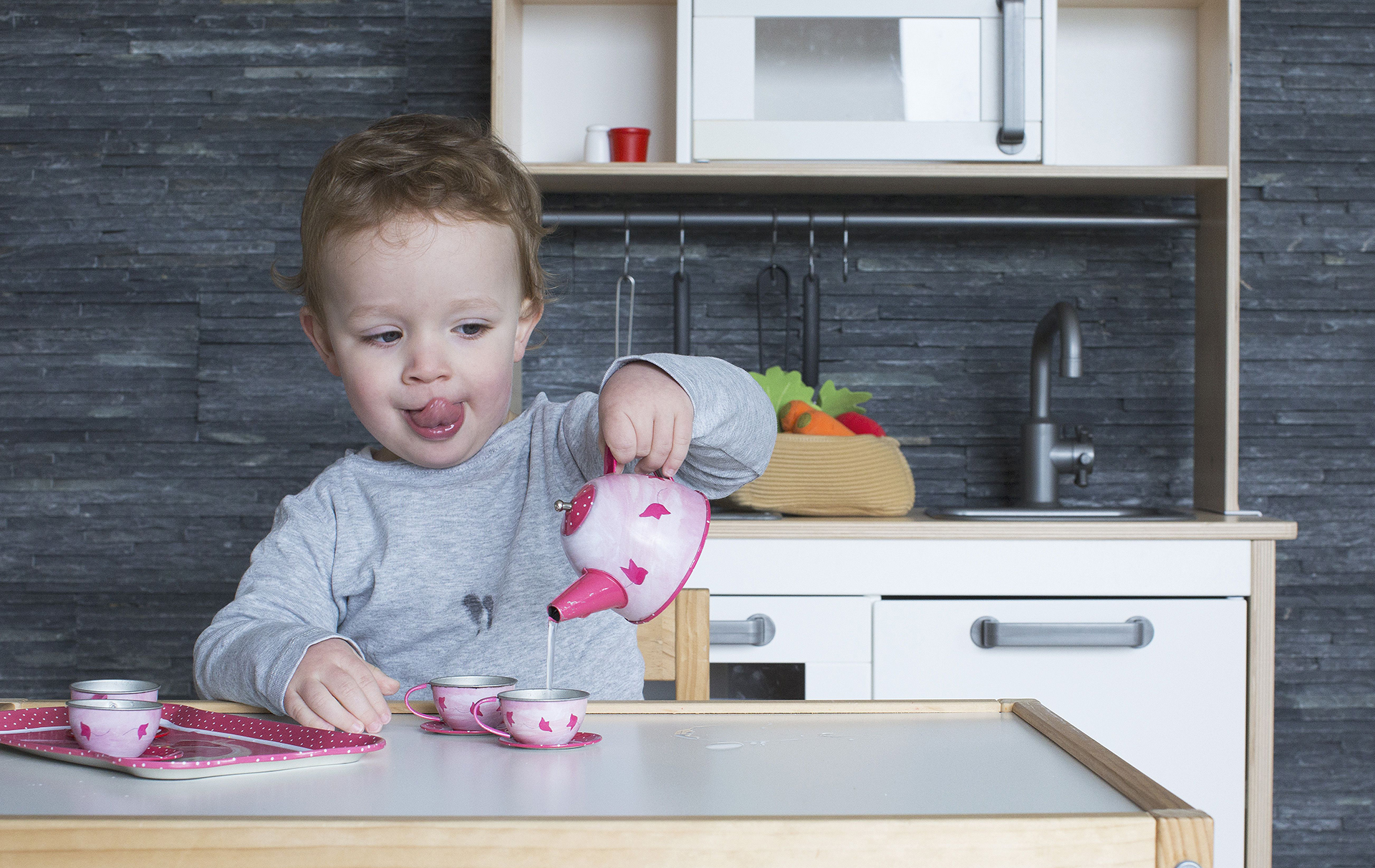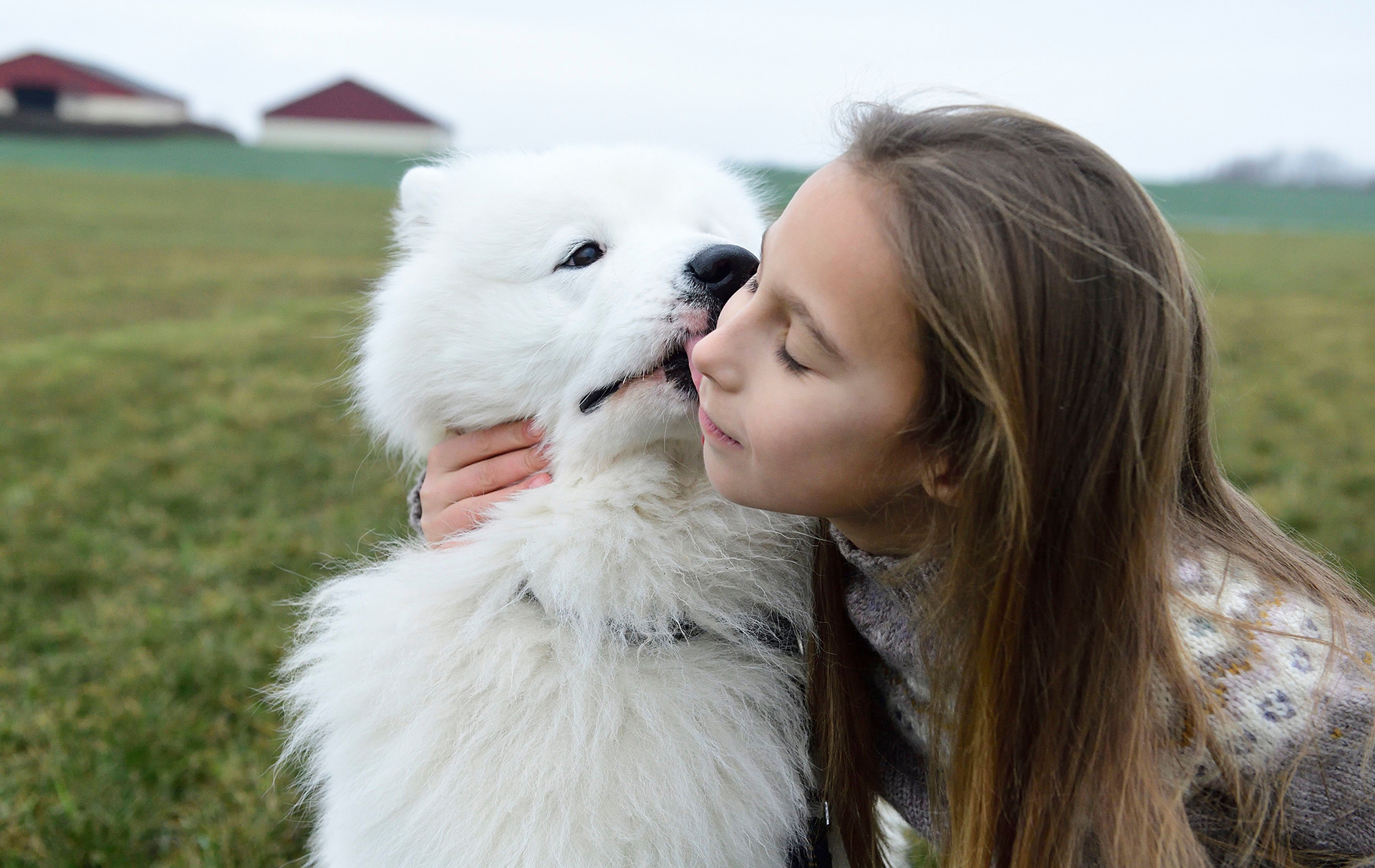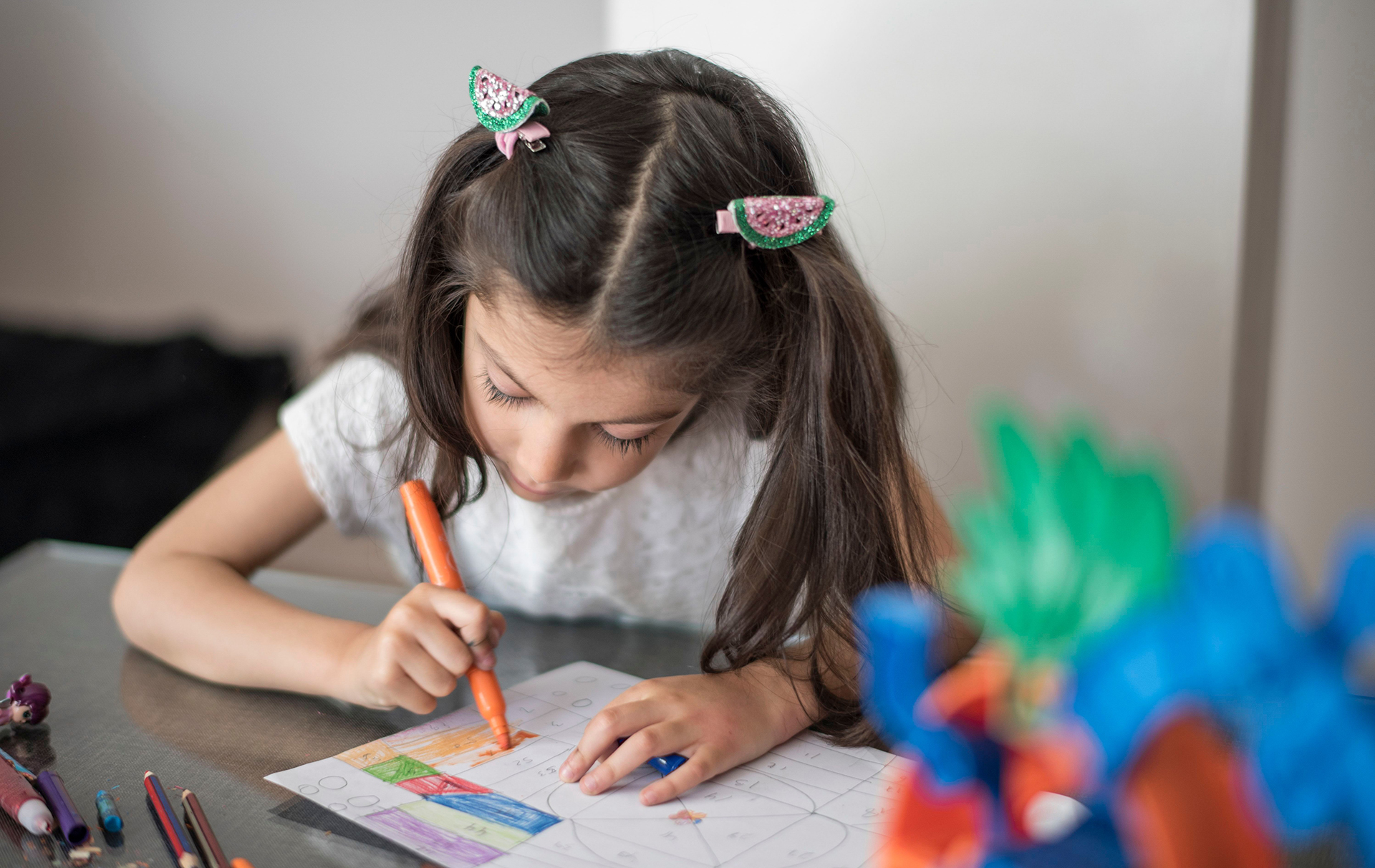Is having an imaginary friend 'normal'?
Half of us would be concerned if our child told us they had an imaginary friend, but it could actually be a good sign…

Half of us would be concerned if our child told us they had an imaginary friend, but it could actually be a good sign…
How would you feel if your little one told you they were talking to the monster who lived down the plughole? Or helping their unicorn cross the road?
If you’re anything like many of the 1,000 parents who took part in Legal and General’s recent survey on imaginary friends, you might be a little bit worried.
50 per cent of parents whose kids didn’t have an imaginary friend said they would be at least ‘slightly concerned’ if they found out they had one.
But there's a fairly good chance your child will conjure up an imaginary friend at some point, if they haven't already. About one in six children aged between three and 10 currently has one, and more than a third of 10-year-olds has had one at some point. Researchers reckon there are at least a million imaginary friends in the UK – that’s roughly the population of Birmingham.
Imaginary friend: is it normal to have one?
Still concerned? We get it. While 37 per cent of 10-year-olds have had one, imaginary friends used to be seen as a sign of mental illness, social inadequacy or even demonic possession. And as recently as the 1960s, some researchers thought it meant that a child couldn’t distinguish between fantasy and reality.
But if your child is between four and 10, having an imaginary friend is totally normal – in fact, it’s actually a good sign that their creative and language skills are on track, and that they’re becoming more independent.
Parenting advice, hot topics, best buys and family finance tips delivered straight to your inbox.
Common types of imaginary friends
Three out of five imaginary friends are human, but the rest come in all shapes and sizes. Dogs, cats and unicorns are the next most common – there are an estimated 50,000 imaginary unicorns roaming the UK! The others include monkeys, rabbits, birds, bears, horses, wolves, dragons, skeletons, monsters, aliens and even trains.

Girls are three-and-a-half times more likely than boys to have an imaginary friend of the opposite gender. This might be because girls are more likely to ‘parent’ their imaginary friend or invent a friend who sometimes 'protects' them. Several parents told the researchers that their child’s imaginary friend protected them from other imaginary monsters, especially at night.
What does having an imaginary friend say about your child?
Researchers think that interacting with an imaginary friend can improve your child’s social skills and creativity.
While one in three parents assumed that having an imaginary friend would damage their child’s social skills, children who have imaginary friends actually tend to have bigger vocabularies, be less shy and be better at understanding other people’s perspectives.
26 per cent of parents with a child who had had an imaginary friend thought it had made their child more sociable.
And three-quarters of parents thought that having an imaginary friend had made their child more creative.

Turning off the TV could create more space for this kind of creative play. One to four-year-olds who spend less than two hours in front of a screen each day are three-and-a-half times more likely to have an imaginary friend.
What age is it normal to have an imaginary friend?
Imaginary friends typically appear around the age of four, and 99 per cent have been dreamed up by the age of 10. Most imaginary friends hang around for six months to two years. But 14 per cent only last for three to six months, while six percent last for longer than three years.
When do imaginary friends become a problem?
‘He ate two packs of crisps and claimed his friend had one.’

‘She drew all over the walls but said she had no choice – her friend made her do it.’
While having an imaginary friend shouldn’t usually damage your child’s social skills or creative development, it can become a problem if they start to blame their 'friend' for their bad behaviour. If this happens, it’s important to encourage your child to take responsibility for their own behaviour so that this doesn’t become a more serious problem later down the line.
If your child’s imaginary friend is their only friend, or seems to be mean or aggressive, this could also signal a problem. Speak to their teacher or GP if you’re worried.
Samantha is a freelance writer at Goodto who has been with team since 2019. Initially trained in psychology, she specialises in health and wellbeing and has additionally written for magazines such as Women’s Health, Health & Wellbeing, Top Santé, Healthy, Refinery29, Cosmopolitan, Yahoo, CelebsNow, Good Housekeeping and Woman&Home.